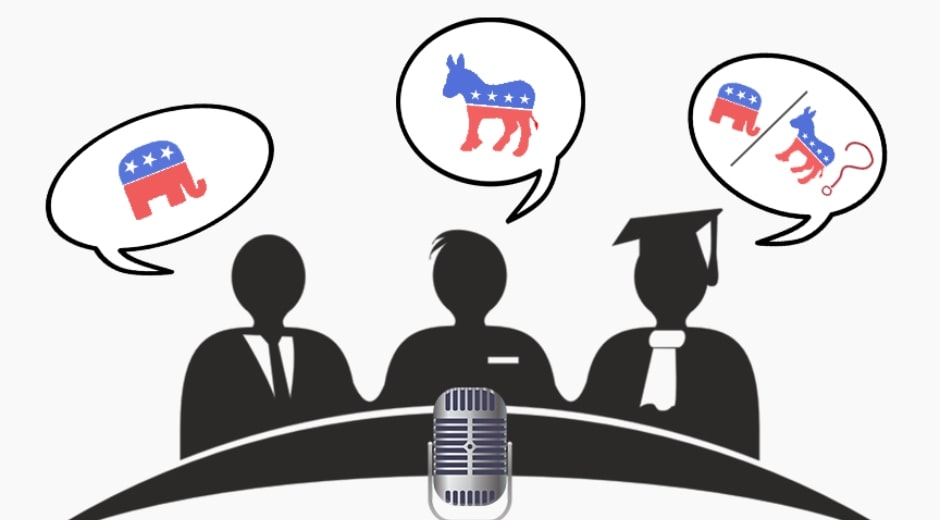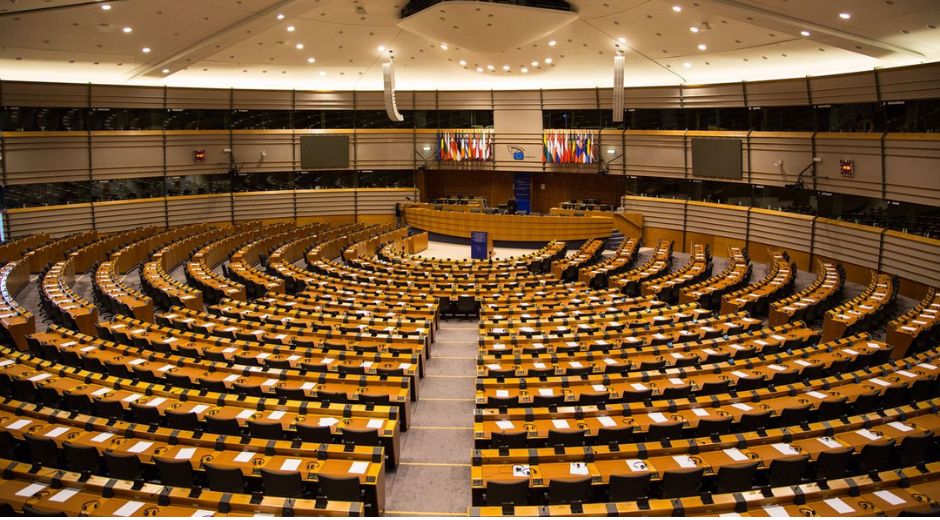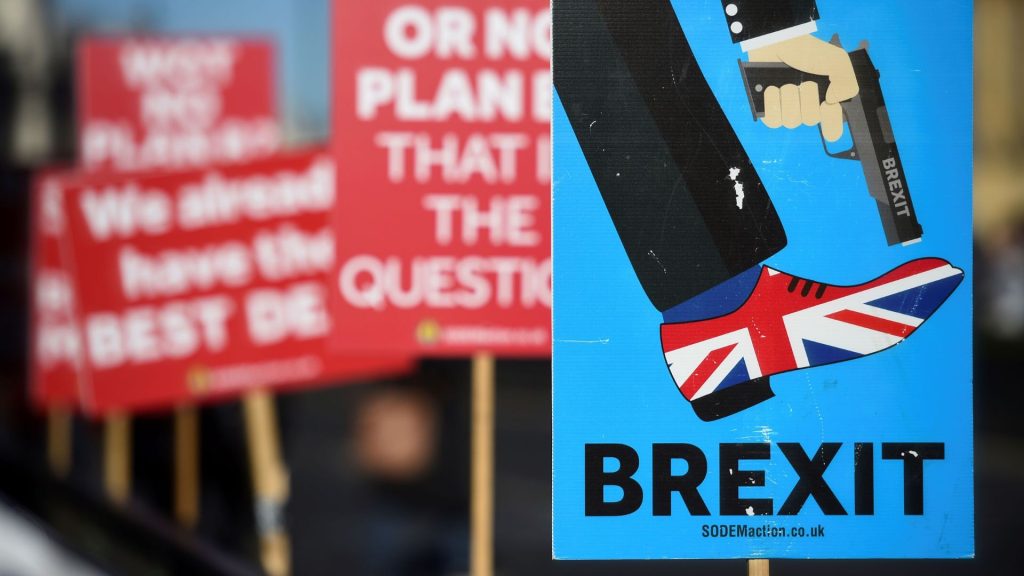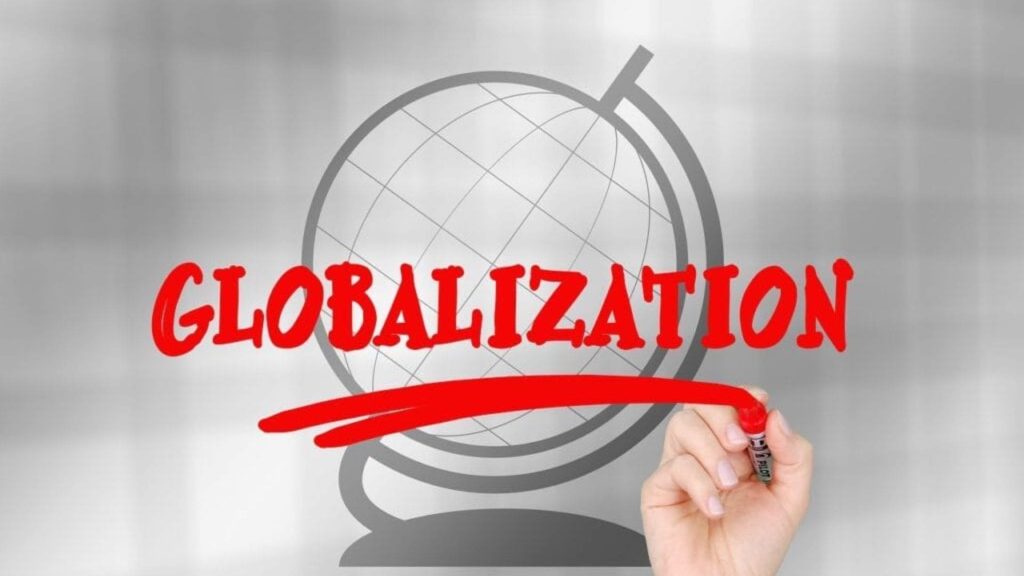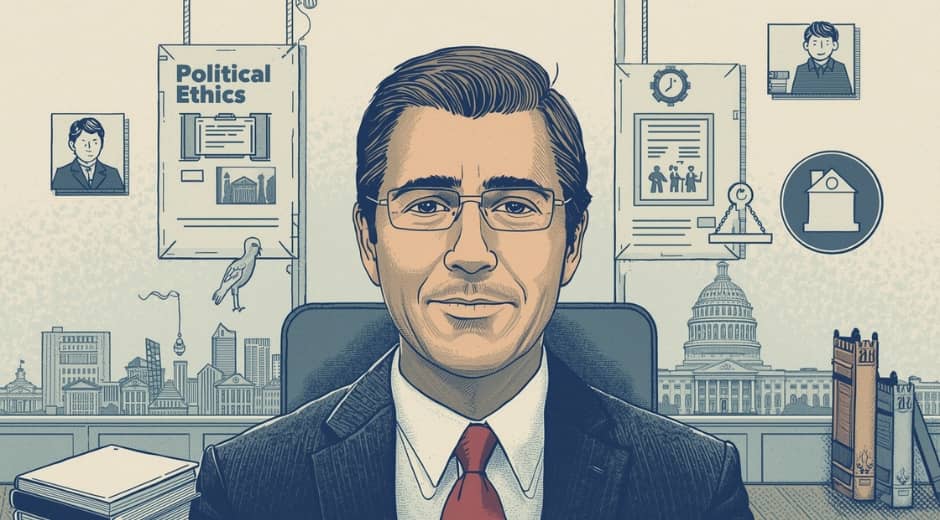7 Ways to Restore Respectful Public Discourse in Modern Politics
7 Ways to Restore Respectful Public Discourse in Modern Politics
In an age of constant online arguments, sensational headlines, and polarized opinions, public discourse is under threat. Respectful dialogue is essential for democracy, problem-solving, and social cohesion. Without it, societies risk fragmentation, mistrust, and hostility.
Here are 7 ways to restore respectful public discourse and create a healthier political environment.
1. Promote Media Literacy
Citizens must learn how to evaluate sources critically. Recognizing bias, checking facts, and understanding media framing equips individuals to engage in discussions thoughtfully rather than react emotionally. Educating the public about responsible media consumption is the first step toward civil discourse.
2. Encourage Active Listening
Too often, political debates are about scoring points instead of understanding perspectives. Active listening — genuinely hearing others’ concerns without immediate judgment — fosters empathy. It also encourages productive conversations where compromise and collaboration are possible.
3. Lead by Example
Public figures, journalists, and influencers shape discourse. When leaders model civility, transparency, and respect, citizens often follow suit. Responsible rhetoric from high-profile figures can transform the tone of political conversations nationwide.
4. Utilize Structured Forums
Town halls, moderated debates, and civic forums allow citizens to discuss issues in organized, respectful settings. Structured spaces reduce the chaos of online arguments and create opportunities for meaningful dialogue. People are more likely to listen when they know conversations are guided and fair.
5. Focus on Shared Values
Despite differences, most citizens care about safety, education, healthcare, and fairness. Highlighting shared goals instead of focusing solely on disagreements fosters collaboration. When conversations start with common ground, respect naturally follows.
6. Reward Constructive Engagement
Social platforms and institutions should encourage positive contributions instead of amplifying outrage or attacks. Highlighting reasoned arguments, solution-oriented discussions, and respectful debate incentivizes better communication and discourages toxic behavior.
7. Practice Patience and Reflection
Public discourse benefits when individuals pause before reacting. Reflecting on personal biases, emotions, and the broader context helps people respond thoughtfully rather than impulsively. Patience allows conversations to evolve from conflict to understanding.
Why Restoring Public Discourse Matters
Healthy political dialogue strengthens democracy. Civil discourse promotes collaboration, informs policy-making, and reduces polarization. When citizens feel heard and respected, they are more likely to participate constructively — ultimately creating stronger communities.
Practical Tips for Individuals
Diversify Your Information Sources: Read across ideologies to avoid echo chambers.
Engage in Local Discussions: Civic meetings, debates, and community forums offer safer spaces for dialogue.
Model Respect Online: Avoid inflammatory comments and reply thoughtfully.
Seek Understanding Over Winning: Approach disagreements as opportunities to learn.
Take Breaks: Step back from heated debates to maintain clarity and perspective.
Conclusion
The state of public discourse is a reflection of society’s health. By promoting media literacy, listening actively, leading by example, and focusing on shared values, we can restore respect in politics. Civil dialogue is not a luxury — it’s the backbone of democracy.
Even small actions, practiced consistently, contribute to a political environment where debate inspires solutions instead of hostility. Respectful discourse is not only possible — it is essential.
Extra Insights After Conclusion
Reflect on Bias: Recognize personal assumptions before engaging.
Prioritize Understanding: Ask questions instead of arguing.
Highlight Positive Stories: Celebrate examples of collaboration in your community.
Take Digital Breaks: Avoid being consumed by heated online exchanges.
Civic Inspiration: Read articles or case studies on moviefil.com about collaboration and problem-solving to reset perspective.
The Pulse of Politics

Sanctions Policy As A Non Military Tool Of Pressure
Sanctions Policy As A Non Military Tool Of Pressure

Information Warfare In Politics And The Fight For Truth
Information Warfare In Politics And The Fight For Truth

Democratic Backsliding, Early Warning Signs To Watch
Democratic Backsliding, Early Warning Signs To Watch

Policy Experiments Tested Locally Before National Adoption
Policy Experiments Tested Locally Before National Adoption






